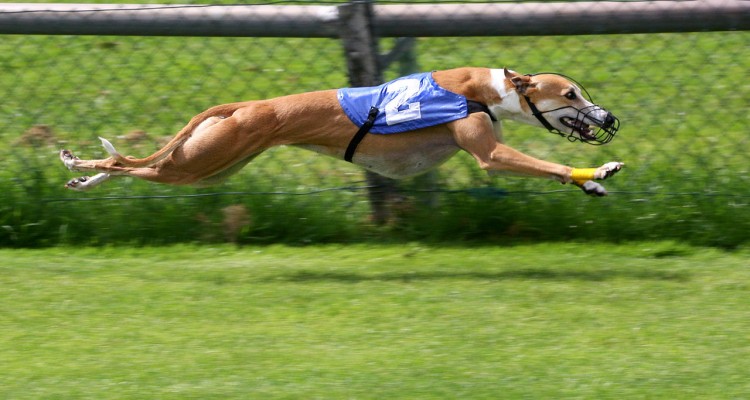Spectrum Gaming released an updated report on October 19th that showed a decline in attendance at one West Virginia greyhound track from 929,000 in 1983 to only 13,000 in 2013. The report was commissioned by the Dept. of Revenue and delivered on January 9th. The purpose of the study was to provide an independent objective analysis of the government subsidy to greyhound racing with the goal of recommending whether the benefits of regulation justify the costs.
In part the study showed that although purses were once funded by live handle, supplements now account for 95% of purse awards. In 2013 purses were actually higher than total live handle in the state. The purses were also going to out of state residents at a ratio of 230:30 at one track.
In 2014 the state was approaching an overall loss for the first time with oversight costs projected at $965,000 and race-related revenues to the state projected at $1 million. The report also showed that overall economic impacts of the greyhound industry barely exceeded subsidies.
Although none of the analyst’s recommendations included eliminating greyhound racing outright, their final recommendation did suggest that if the Legislature decides to eliminate racing, a small portion of the tax on gross gaming revenue from West Virginia video lottery casinos that currently goes into purse subsidies could be used to compensate those in the industry who would be harmed by a cessation of racing.
Industry insiders note that greyhound racing employs many people and their hopes are that legislators will not abandon the sport.
Currently, 39 states and the territory of Guam have outlawed greyhound racing, and four more states don’t have active tracks. Colorado was the most recent state to ban the practice with a law in 2014. Only six states other than West Virginia allow greyhound racing and have active tracks.


